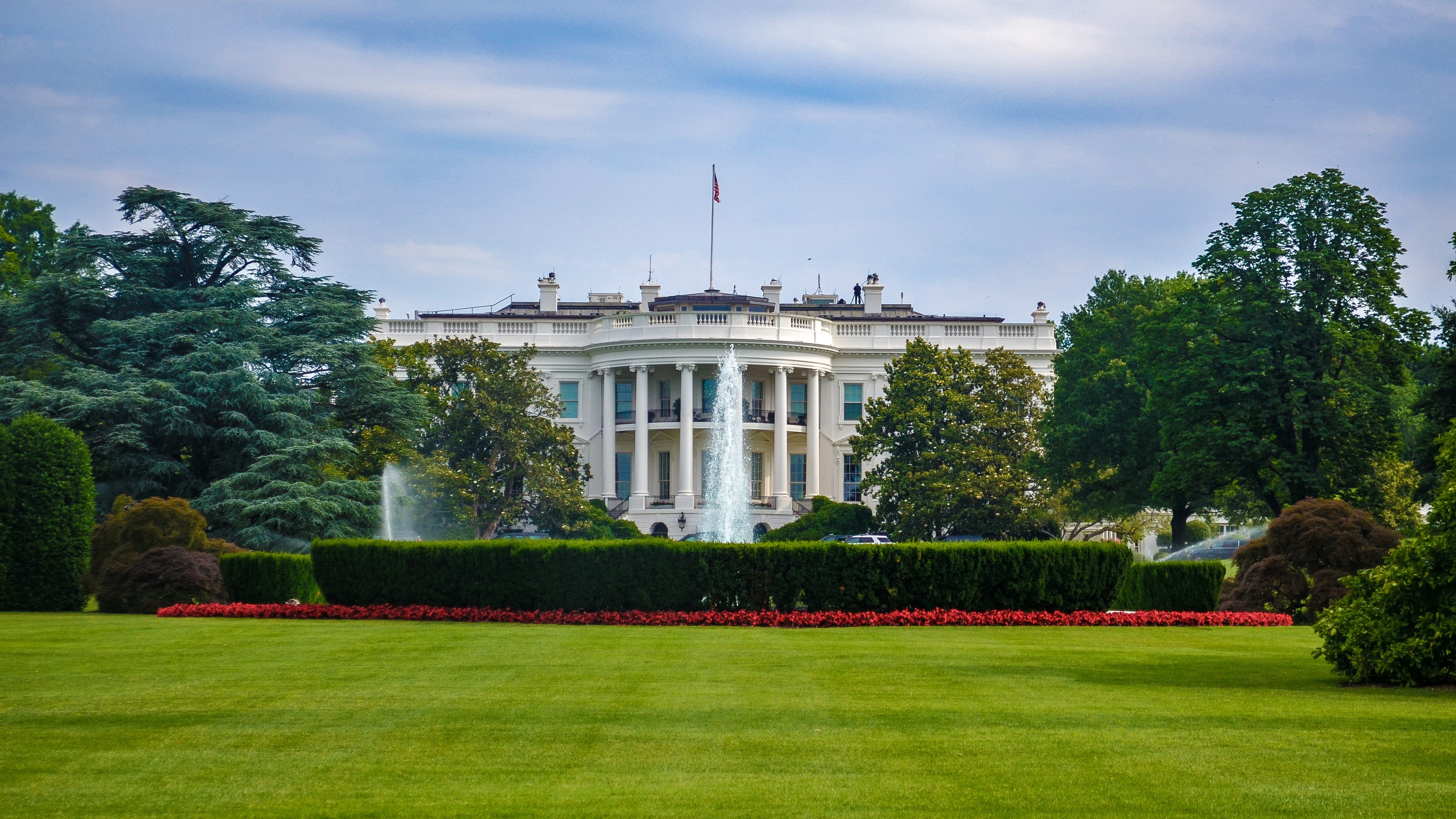US urging allies not to pay hacker ransoms
Refusing to pay a ransom will either lead to a loss of data or a reduction in attacks

Ahead of a meeting of global leaders in Washington, the US will push governments to combat ransomware by making a public statement to not pay hacker ransoms.
Ransomware has seen a gradual rise in use in attacks targeting banking institutions, government offices and hospitals.
The plan is for the group of over 45 governments to publicly announce non-payment in cases of ransomware ahead of their annual gathering.
No negotiation with cybercriminals
Ransomware is a form of malware that steals data and encrypts it before hackers request a fee for its safe return, or else the files will be deleted or sold. Ransomware has seen a gradual increase in its usage by hackers over the past few years.
Speaking to Bloomberg, deputy national security adviser Anne Neuberger said, “You’ve got to go to the root cause, the root cause is money.” Ransomware is one of the most profitable methods for hackers, mainly due to the ease of simply paying the ransom and continuing to operate, rather than losing important data.
If governments issue the statement to refuse to pay it is hoped that hackers will stop targeting critical infrastructure with such attacks. However, while Neuberger said that she is “incredibly hopeful” about the statement being accepted and issued by governments, there is a chance that the statement will be a discussion point rather than a pre-agreed affirmation.
Recent research into ransomware has found that while advances in cyber defenses are becoming more advanced, so too are hackers' abilities to deploy ransomware after a successful breach - falling from 4.5 days in 2022 to within a single day in 2023.
Sign up to the TechRadar Pro newsletter to get all the top news, opinion, features and guidance your business needs to succeed!
More from TechRadar Pro
- A worrying amount of corporate IDs still aren't properly protected
- Don't wait till its too late! Take a look at our list of the best malware removal tools
- Keep your business safe with the best endpoint protection

Benedict has been with TechRadar Pro for over two years, and has specialized in writing about cybersecurity, threat intelligence, and B2B security solutions. His coverage explores the critical areas of national security, including state-sponsored threat actors, APT groups, critical infrastructure, and social engineering.
Benedict holds an MA (Distinction) in Security, Intelligence, and Diplomacy from the Centre for Security and Intelligence Studies at the University of Buckingham, providing him with a strong academic foundation for his reporting on geopolitics, threat intelligence, and cyber-warfare.
Prior to his postgraduate studies, Benedict earned a BA in Politics with Journalism, providing him with the skills to translate complex political and security issues into comprehensible copy.